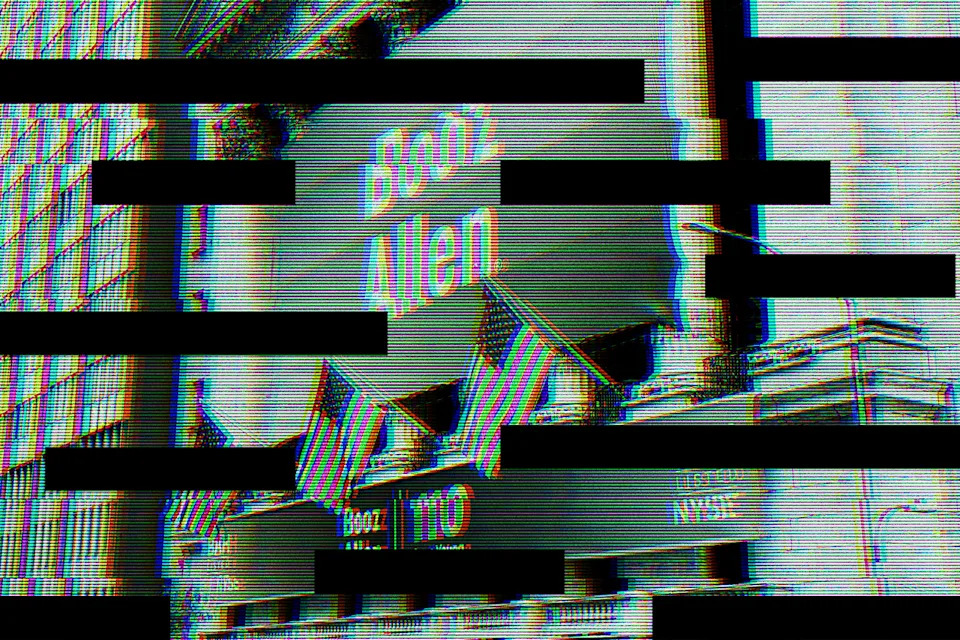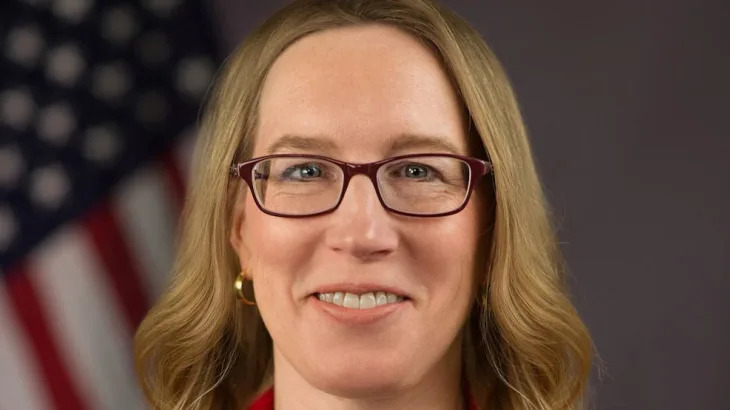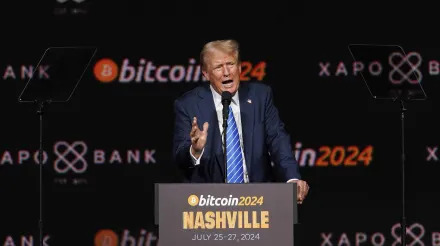
The stock pitch seemed too good to be true: A century-old company near Washington, D.C., with strong ties to the U.S. intelligence community has secret ways of making money.
The company is Booz Allen Hamilton, and for many years it was a home-run investment. The stock rose 10-fold between the day in 2013 when Edward Snowden went public as the former employee who leaked secret National Security Agency documents and last year’s presidential election.
Now, Booz Allen is anything but a sure thing. Federal spending on consultants and large outside contractors is dropping fast under the Trump administration and Elon Musk’s Department of Government Efficiency. Booz Allen’s stock is down 40% since Election Day.
The problem for investors: The nature of Booz Allen’s business means it is impossible to gauge how severe the blow from federal cutbacks will be. While Booz Allen gets 98% of its revenue from the U.S. government, a substantial portion of its contracts are classified.
This makes the stock almost uniquely uninvestible, for anybody who wants to know what they own, in today’s environment.
Investors seem to have cottoned on to this problem ahead of Wall Street. Analysts’ average revenue and earnings estimates for 2026 and beyond have barely budged since Election Day, according to data compiled by Visible Alpha.
Maybe this is a belief that Booz Allen can navigate all the cost scrutiny it is under and stay deeply embedded in the government. But, as The Wall Street Journal has reported previously , the company already has offered the government significant potential cost savings .
At least management is transparent about how opaque it is.
“Because we are limited in our ability to provide information about these contracts and services,” the company said in its most recent annual report, “important information concerning our business may not be available, which may limit insight into a substantial portion of our business and reduce the ability to fully evaluate the risks related to that portion of our business.”
U.S. securities rules bar companies from including classified information in their disclosure filings with the Securities and Exchange Commission. Consequently, Booz Allen couldn’t keep investors fully informed about its business if it wanted to.
When Booz Allen listed its top 10 contracts in its latest annual report, it said eight of them were classified and couldn’t be named. When it gave dollar amounts estimating the size of its total addressable market, it said it excluded U.S. intelligence agencies from the numbers.
Other public companies have classified government contracts and do business with the intelligence community, of course. What sets Booz Allen apart is the sheer concentration of its business. It has said about three-quarters of the work it does is national-security-oriented, although not all of that is classified.
Given this, one could reasonably argue that Booz Allen shouldn’t be a public company, because by law it can’t fulfill the normal disclosure duties of one. In its 110-year history, it has been public only since 2010.
It used to be owned by the private-equity firm Carlyle Group, which sold the last of its stake in 2016. Taking it private again could be a better option if there is a willing buyer.
Absent that, investors might rightly figure it’s better to sell than to hold on to a black-box investment.
Write to Jonathan Weil at jonathan.weil@wsj.com




